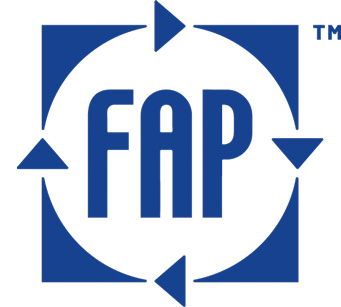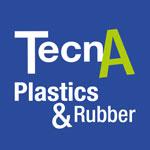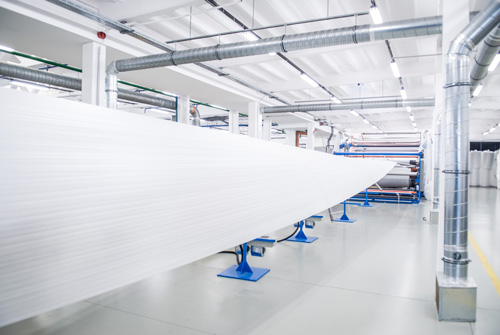 The production of foamed polymers to a completely different level
The production of foamed polymers to a completely different level
FAP is a dynamic second-generation family-run company with over 37 years of international experience in the design and construction of foam machinery and R&D activity to create for our customers something truly valuable and capable of raising the production of foamed polymers to a completely different level.
In this regard, Borealis and FAP set out to make low-density EPP foam applications that are more easily recyclable. The performance properties that have ensured the popularity of polymer foams would have to be maintained – or even improved. By leveraging their expertise in polypropylene resins and foaming technology, respectively, the partners aimed to improve physical foaming processes in order to offer innovative material solutions that are affordable, resource efficient, and more environmentally compatible.
Nowadays, the technology of extrusion of physically foamed branched polypropylene, which is still little known to the markets, is of great interest. Light weight, strong, thermoformable, 100% recyclable with excellent insulation properties. These and other characteristics have made it the unique material that can replace most traditional polymer materials in markets such as insulation in the automotive industry, heat and sound insulation in construction, and the food industry.
Thanks to the variety of densities available, polymer foam has become an essential material in diverse sectors.
- Construction: sound and thermal insulation for interiors and roofing
- Consumer products and packaging: disposable tableware, clamshells, cups
- Automotive: insulation, energy-absorbing panels
By leveraging the wide-ranging expertise in PP foaming technology, we improve physical foaming processes in order to offer innovative material solutions that are affordable, resource efficient, and more environmentally compatible.
Extrusion has been recognized as the most common foaming technology. Branched PP is a crystalline material with high melt strength compared to low-density PE and has technological differences in production.
Production of ultra-low physically foamed polypropylene (<25 kg/m3) and thickness from 1 to 10 mm with high quality characteristics is possible exclusively with a hydrocarbon foaming agent (such as isobutane or n-butane) and using twin-screw foam extrusion technology, which will create a certain pressure and melt speed to dissolve gas into the polymer even at high temperatures melting required for polypropylene processing. Inert gases can also be used in extrusion foaming, like supercritical nitrogen (N2) or carbon dioxide (CO2) for production of higher density foams of 150 kg/m3 or more. Non-combustible CO2 reduces the industrial hazard class in the physical foaming process, it is easier to store, and fairly inexpensive.
In contrast to conventional PP, WB140HMS offers a combination of high melt strength and low melt viscosity due to the shear thinning effect caused by the branch structure. Its excellent foamability and consistency are complemented by its easy processing. This further enhances the efficiency of the closed-loop production of PP foam: all material waste generated during production is immediately turned back into granules and fed back into the process, thereby reducing the use of virgin raw materials – with no compromise in mechanical performance.
Having tested the use of CO2 as a foaming agent in the laboratory for many years, FAP was able to develop a new machine to foam EPP using CO2, where the screws are designed in such a way as to maintain the necessary pressure in the gas injection zone at high temperatures. Further tests led to the development of a unique extrusion head and dies allowing to obtain high quality cellular structure of the foam and much better control over the expansion and crystallization of the polymer after leaving the extrusion head.







